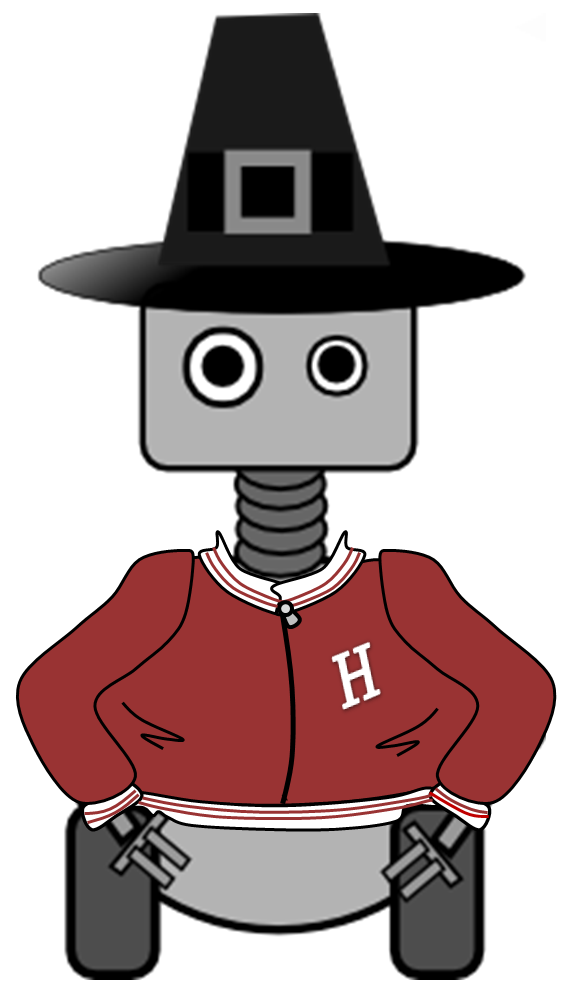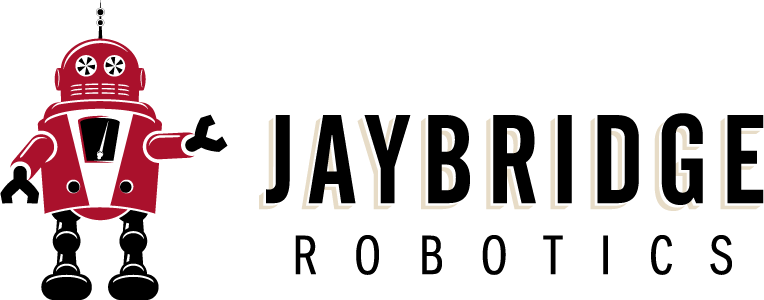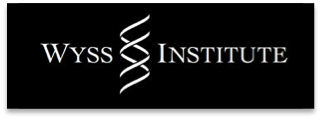
Northwest Building
Harvard University
52 Oxford St
Cambridge MA 02138.
Title: Robot Hands for the Real World
Abstract
Manipulating objects in unstructured environments like homes and workplaces is challenging because object properties are not known a priori and sensing is prone to error. Research in this area has largely focused on anthropomorphic hands that are complex, fragile, and difficult to control. We are pursuing an alternate approach that focuses on the passive mechanical behavior of the hand. By integrating carefully-selected joint compliance and adaptive transmissions, we have developed a simple and inexpensive hand that can grasp objects spanning a wide range of size, shape, weight, and position, while using only one motor. The hand is constructed using polymer-based Shape Deposition Manufacturing (SDM), resulting in a robust design that can withstand large impacts. Experimental testing demonstrates that the SDM Hand can autonomously grasp objects while keeping contact forces low. A new manipulator, the i-HY Hand combines optimized passive mechanics with five motors that can use precision fingertip grasps. We have also developed low-cost tactile sensors that report the location of contact between the object and hand. The resulting system can grasp and manipulate a wide range of objects despite large errors in sensed object size, shape, and location.
Bio
Prof. Robert Howe is Abbott and James Lawrence Professor of Engineering in the school of Engineering and Applied Sciences at Harvard University. He founded the BioRobotics Laboratory in 1990, which investigates the roles of sensing and mechanical design in motor control, both in humans and in robots. His research interests focus on robot and human manipulation and the sense of touch. Biomedical applications of this work include the development of robotic and image-guided approaches to minimally invasive surgical procedures. Dr. Howe earned a bachelors degree in physics from Reed College, then worked as a design engineer in the electronics industry in Silicon Valley. He received a doctoral degree in mechanical engineering from Stanford University in 1990, and then joined the faculty at Harvard.


